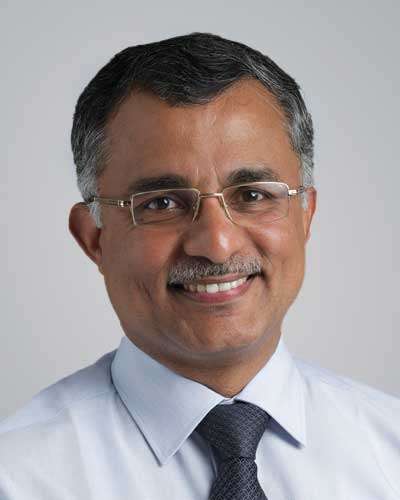LASER stands for Light Amplification by Stimulated Emission of Radiation. Early forms of LASER were used in coronary angioplasty in the 1980s. These included Argon and Nd YAG LASER systems. These were costly and had disappointing results with lots of complications.
Re-emergence of LASER in coronary angioplasty came about with the development of “cold” LASER or Excimer LASER. Excimer is an acronym for the excited dimer that produces ultraviolet laser energy of pulsatile nature and short wavelength. The pulsatile nature ensured the precise ablation of plaque tissue with no significant thermal injury to the vessel. The short wavelength through less depth of penetration also limited collateral damage. Both of these properties of excimer lasers, in addition to improvement in catheter design, proper selection of patients, and development of safety protocols, played a crucial role in the reintroduction of laser technology in routine practice.










